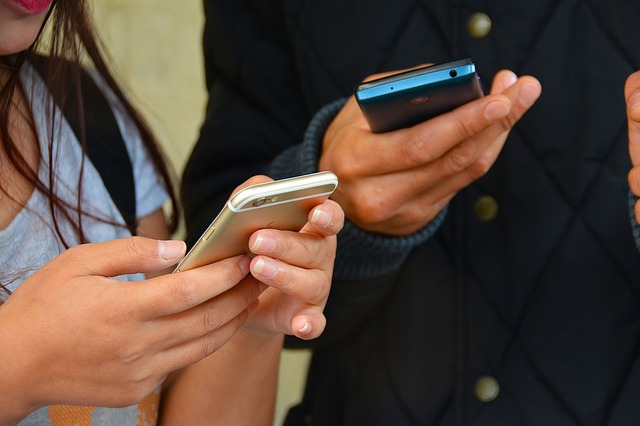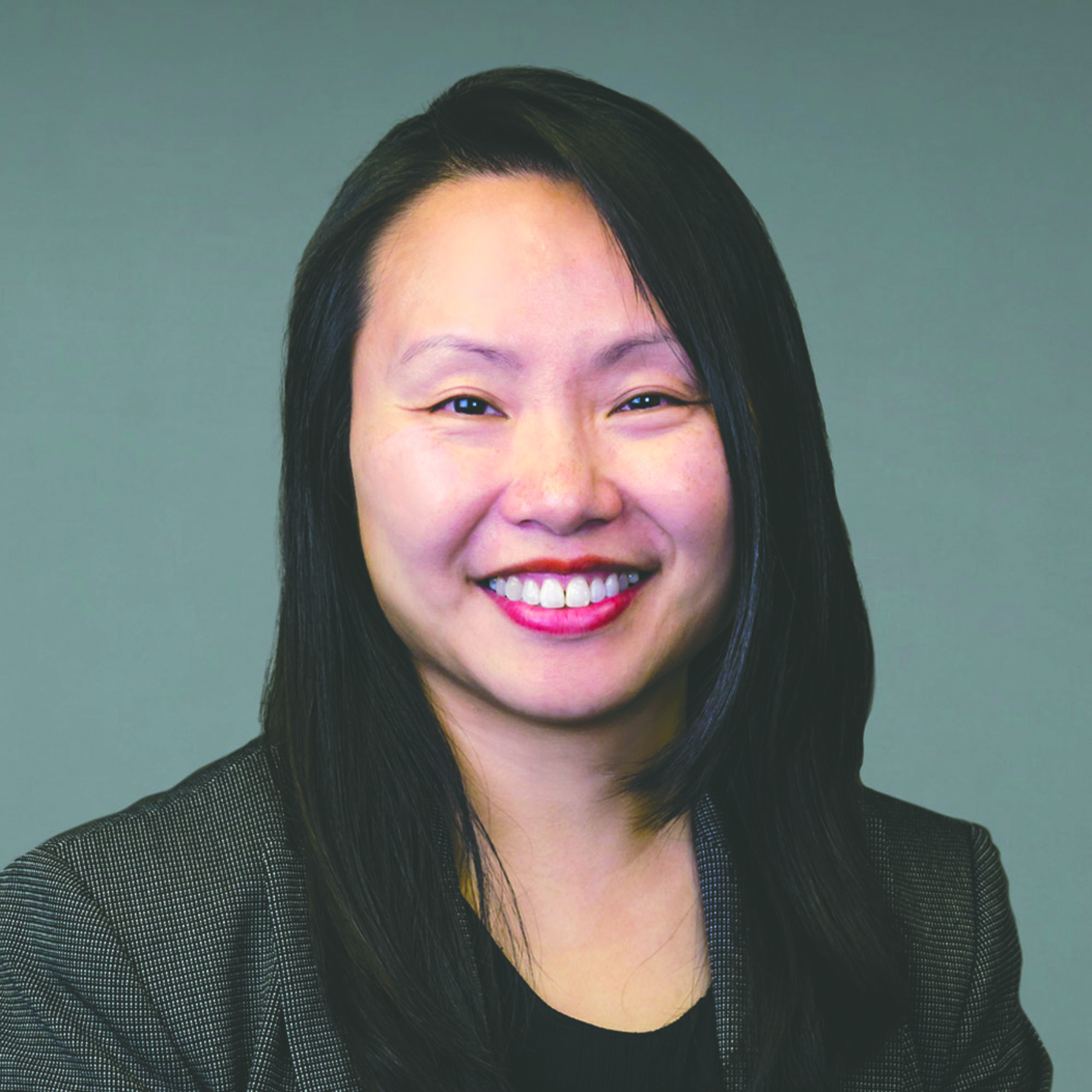
The medical world is known to change at a rapid pace. But the COVID-19 pandemic has incidentally forced doctors and patients alike to get accustomed to telemedicine.
Telemedicine, as people are ordered to stay home and avoid public places, is becoming increasingly more effective. Patients can be evaluated via their smart phone rather than heading over to an office that may or may not have patients sitting in the waiting area who indeed have the coronavirus.
If there’s nothing urgent, the doctor can treat people virtually and pharmacies can deliver medications to the patients.
While telemedicine has existed for quite some time, the health care system never needed to use this technology on such a wide scale. But the pandemic has forced everyone to make adjustments to their daily life, and this is certainly an effective way
to treat patients.
At NYU Langone Health, the organization’s telemedicine capability has expanded rapidly over the last month. Each day, approximately 500 new appointments are added to the system as people learn about this service. It has allowed patients who have flu-like symptoms and other medical concerns to be seen remotely, including many patients who have used the service to help identify symptoms of COVID. NYU Langone’s Virtual Urgent Care now takes more than 200 different types of insurance, including Medicare, to help those who are most vulnerable. Outside of
the NYU Langone system, other health care providers have also delved into telemedicine, and one can request information about this by calling their individual doctor’s office.
Dr. Jun Levine, a bariatric specialist with offices in Garden City and Patchogue, discussed the rapid increase of telemedicine. Levine gives advice to those new to telemedicine, why they should avoid going to a doctor’s office and how to sign up for a telemedicine appointment.
 How important is telemedicine for people who are worried about visiting their doctor?
How important is telemedicine for people who are worried about visiting their doctor?
 It’s something where simple questions, fears and issues can be relayed via telemedicine. They can see a familiar face, and we can do quite a few physical exams just by observation and having the patient do certain maneuvers. Telemedicine is very important because you can do most of what you do in a regular office visit. When patients have extreme issues, there are things that do warrant an in-person office visit right now.
It’s something where simple questions, fears and issues can be relayed via telemedicine. They can see a familiar face, and we can do quite a few physical exams just by observation and having the patient do certain maneuvers. Telemedicine is very important because you can do most of what you do in a regular office visit. When patients have extreme issues, there are things that do warrant an in-person office visit right now.
 What is the importance of NYU Langone having telehealth available for a wide use right now?
What is the importance of NYU Langone having telehealth available for a wide use right now?
 NYU was preparing these online visits for a long time. That’s why they were able to ramp up everything and have it ready at such a quick call. We have more than 6,000 visits right now with more than 1,300 doctors available on this telemedicine platform. We can triage these patients if they need something more urgent. We don’t want people to come in with one issue and leave with another, which is why telemedicine can help those chronic issues. Some of my telemedicine visits are more about psycho-social issues, explaining social distancing and keeping good hygiene.
NYU was preparing these online visits for a long time. That’s why they were able to ramp up everything and have it ready at such a quick call. We have more than 6,000 visits right now with more than 1,300 doctors available on this telemedicine platform. We can triage these patients if they need something more urgent. We don’t want people to come in with one issue and leave with another, which is why telemedicine can help those chronic issues. Some of my telemedicine visits are more about psycho-social issues, explaining social distancing and keeping good hygiene.
 What benefits have you seen with telemedicine thus far?
What benefits have you seen with telemedicine thus far?
 Virtual care is a key role in this pandemic. It offers a lot of patients who may have flu-like symptoms or other concerns to be seen remotely. We can identify patients who may have COVID and that limits the spread of agents coming into a clinic. For me, especially for bariatrics, I can see some of my patients who require six consecutive months of visits to discuss weight, overall health and what they can be doing better. Being able to continue that process allows that patient to have the benefit of continuing to see us for those six months.
Virtual care is a key role in this pandemic. It offers a lot of patients who may have flu-like symptoms or other concerns to be seen remotely. We can identify patients who may have COVID and that limits the spread of agents coming into a clinic. For me, especially for bariatrics, I can see some of my patients who require six consecutive months of visits to discuss weight, overall health and what they can be doing better. Being able to continue that process allows that patient to have the benefit of continuing to see us for those six months.
 What are some of the challenges that both you and your patients are facing?
What are some of the challenges that both you and your patients are facing?
 Telemedicine is now available to everyone. It’s available to new patients who have never been in the system. The older popular isn’t as well-versed with getting on to the video platform, and they’re having a lot of difficulties on that end. We’ve been doing phone calls, which is still good and it’s important to discuss the issues that are going on. There are some things with telemedicine that I can’t say definitively, and there are some limitations to it. That’s why we still have our offices open. In some ways, COVID has pushed the envelop and helped us bring forth this telemedicine platform, which is far reaching. We can see patients anywhere in the world at any time.
Telemedicine is now available to everyone. It’s available to new patients who have never been in the system. The older popular isn’t as well-versed with getting on to the video platform, and they’re having a lot of difficulties on that end. We’ve been doing phone calls, which is still good and it’s important to discuss the issues that are going on. There are some things with telemedicine that I can’t say definitively, and there are some limitations to it. That’s why we still have our offices open. In some ways, COVID has pushed the envelop and helped us bring forth this telemedicine platform, which is far reaching. We can see patients anywhere in the world at any time.
 When the coronavirus is under control, will telemedicine be considered a new normal?
When the coronavirus is under control, will telemedicine be considered a new normal?
 I think so. A good part of our platforms will change. You will definitely see more telemedicine in far-reaching places. Because we’re forced to be in this situation and we know that it’s doable, we realize that it’s actually not bad. We’d love to transform this into our practices.
I think so. A good part of our platforms will change. You will definitely see more telemedicine in far-reaching places. Because we’re forced to be in this situation and we know that it’s doable, we realize that it’s actually not bad. We’d love to transform this into our practices.
It gives them the comfort of their
own home.
 How can people schedule a telemedicine appointment?
How can people schedule a telemedicine appointment?
 You can call the offices to make an appointment, and they should be available. NYU has opened up their platform for the MyChart app, and you can make appointments on there. We predict there will be about 4,000 appointments every day. It’s really valuable.
You can call the offices to make an appointment, and they should be available. NYU has opened up their platform for the MyChart app, and you can make appointments on there. We predict there will be about 4,000 appointments every day. It’s really valuable.

(Photo courtesy of NYU Langone Health)



















